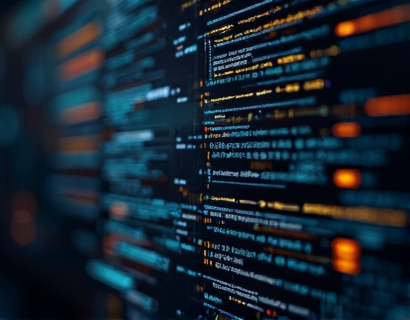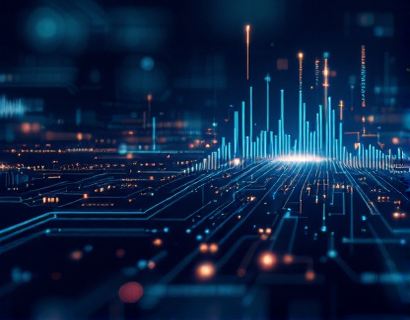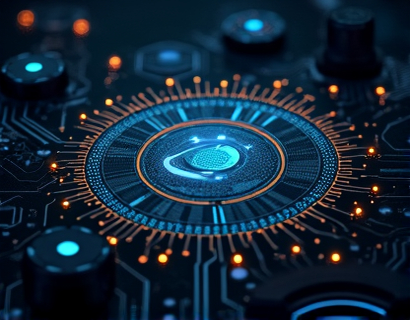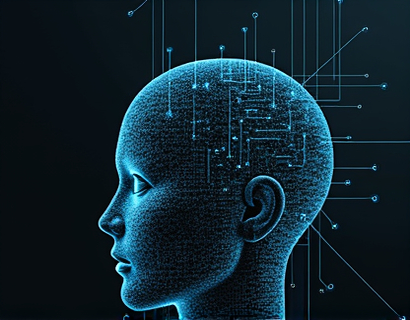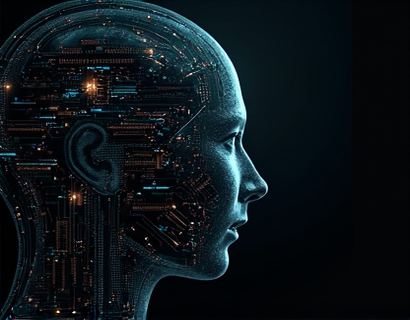AI-Driven Poker Education: Transforming the Way Players Learn and Master the Game
The world of poker has always been steeped in strategy, intuition, and a healthy dose of luck. However, with the advent of advanced technology and artificial intelligence, the way players learn and improve their skills is undergoing a significant transformation. An AI-driven learning platform is revolutionizing poker education, offering a comprehensive and personalized approach to mastering the game. This platform is designed to cater to players of all levels, from novices just starting out to seasoned pros looking to refine their strategies. By leveraging the power of artificial intelligence, these platforms provide a wealth of educational resources that can transform the way poker is learned and played.
Understanding AI-Driven Poker Education
AI-driven poker education platforms utilize machine learning algorithms to analyze vast amounts of data from poker games, tournaments, and expert play. This data is used to create detailed models of successful poker strategies, which are then broken down into digestible lessons and tips. The AI can adapt to a player's learning pace, style, and strengths, offering personalized recommendations and exercises to improve specific areas of their game. This level of customization is unparalleled in traditional poker education methods, making AI-driven platforms an invaluable resource for serious players.
Comprehensive Educational Resources
The educational resources provided by AI-driven poker platforms are extensive and cover every aspect of the game. Beginners can start with the fundamentals, learning about poker hand rankings, betting structures, and basic strategies. As players progress, the platform offers more advanced topics such as pot odds, expected value, and psychological tactics. Each lesson is supported by real-game examples, interactive simulations, and video tutorials, ensuring that players can grasp complex concepts through multiple learning channels.
One of the key features of these platforms is the ability to access a vast library of expert analysis. Players can study how top professionals handle various situations at the table, gaining insights into decision-making processes and strategic adjustments. The AI can also generate customized study plans based on a player's current skill level and goals, ensuring a structured and efficient learning path.
Interactive Learning and Practice
Interactivity is a cornerstone of AI-driven poker education. Players can engage in virtual poker sessions that simulate real-game scenarios, allowing them to apply what they've learned in a risk-free environment. These sessions are designed to mimic the pressure and dynamics of live poker, helping players develop the mental toughness and quick decision-making skills necessary for success at the table.
The AI can adjust the difficulty of these sessions in real-time, based on the player's performance. For example, if a player is consistently making sound decisions, the AI can introduce more aggressive opponents or complex situations to challenge them further. Conversely, if a player is struggling, the AI can provide additional support and guidance to help them regain confidence and improve their skills.
Advanced Analytics and Feedback
One of the most powerful tools offered by AI-driven poker education platforms is advanced analytics and feedback. Players can track their progress over time, with detailed metrics on their performance in various aspects of the game. The AI analyzes hand-by-hand data, providing insights into areas of strength and weakness. This feedback is crucial for targeted improvement, as it allows players to focus on specific areas that need the most attention.
For instance, a player might discover that they have a tendency to call too frequently in certain situations, leading to unnecessary losses. The AI can highlight these patterns and suggest strategies to mitigate the risk. Additionally, the platform can compare a player's performance against a database of similar players, offering a benchmark to measure progress and set realistic goals.
Community and Support
While AI-driven platforms provide a wealth of individualized resources, they also foster a sense of community among poker enthusiasts. Players can connect with others who share similar goals and interests, participating in forums, live chats, and study groups. This community aspect is invaluable, as it allows players to exchange ideas, discuss strategies, and learn from each other's experiences.
The AI can facilitate these interactions by recommending relevant discussions or connecting players with mentors who can provide personalized guidance. This blend of technology and human interaction ensures that players not only gain knowledge but also build a supportive network that can be crucial in their poker journey.
Adaptability and Continuous Improvement
AI-driven poker education platforms are designed to evolve alongside the game itself. As new strategies emerge and the game evolves, the AI continuously updates its databases and learning models to reflect the latest trends and best practices. This adaptability ensures that players always have access to the most current and effective training materials.
Moreover, the AI can incorporate feedback from players to refine and enhance its offerings. By understanding what works and what doesn't, the platform can continuously improve its educational content and user experience. This commitment to ongoing improvement means that players can trust the platform to provide the best possible tools for their poker education.
Overcoming Common Challenges
One of the significant challenges in poker education is maintaining player engagement and motivation. Traditional methods often fall short in keeping players interested and committed to their learning journey. AI-driven platforms address this by gamifying the learning process, incorporating elements such as rewards, challenges, and leaderboards. These features make the learning experience more enjoyable and competitive, encouraging players to stay engaged and push themselves to improve.
Another challenge is the vast amount of information available, which can be overwhelming for beginners. AI-driven platforms solve this by curating content and presenting it in a structured, easy-to-follow format. The AI acts as a personal tutor, guiding players through the material at their own pace and ensuring they grasp each concept before moving on to more advanced topics.
Real-World Application and Success Stories
The effectiveness of AI-driven poker education is not just theoretical. Many players have reported significant improvements in their game after using these platforms. For example, a beginner who started with basic strategy lessons and progressed through advanced topics using AI-driven feedback saw a marked improvement in their decision-making and overall table performance. Similarly, experienced players have leveraged the platform's expert analysis and community support to refine their strategies and win more tournaments.
Success stories like these underscore the potential of AI-driven poker education to transform the way players learn and succeed at the game. By providing a comprehensive, personalized, and interactive learning experience, these platforms are empowering players to reach new heights in their poker careers.
Conclusion
AI-driven poker education represents the future of poker training, offering a dynamic and effective way to master the game. Whether you're just starting out or looking to elevate your game, these platforms provide the tools and support needed to achieve success at the tables. By embracing the power of artificial intelligence, poker players can unlock their full potential and enjoy a more rewarding and profitable poker journey.









